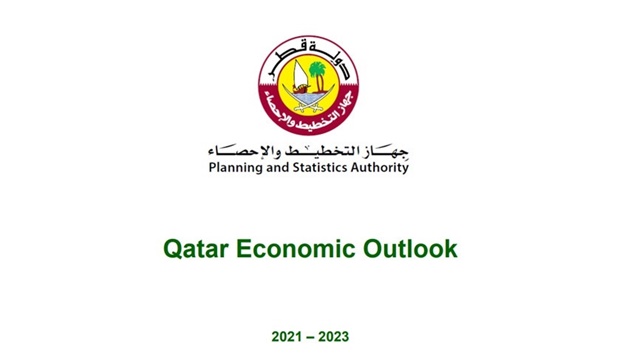The impending FIFA World Cup is expected to lift Doha's overall private consumption expenditure by 1% this year in an optimistic scenario, according to the latest Qatar Economic Outlook (QEO).
"There is a possibility that it (private consumption expenditure) will achieve a growth of 1% for the optimistic scenario due to the expectations of the increase in consumption resulting from hosting the 2022 World Cup, before declining by 1% in 2023," said the QEO 2021-23.
The level of final consumption expenditures of households (private) have already improved from -10.5% in 2020 to -6.4% during the first half of 2021.
It is supposed to recover further during the second half of 2021, thanks to the phasing out of the Covid-19 containment measures, which will lead to an improvement in its rate of change from -10.5% in 2020 to -2% by the end of 2021 in the base scenario, rising to -1% in the medium scenario, and achieving a full recovery of 100% in the optimistic scenario, the outlook said.
It is also expected to move forward towards achieving the same consumption pattern in 2022 for the base and middle scenario, it added.
One of the most influential factors affecting private consumption expenditure is the likely number of prospective consumers during the coming years; in PSA’s modelling, the population level has been adjusted for the three scenarios, on the basis that the population in the optimistic scenario matches with the population as determined by the 2020 census.
According to recent population data for the first three quarters of 2021, the population within Qatar was 2.64mn compared to 2.85mn as per 2020 census.
"This requires to make an assumption that the population will be ranged between those two figures during the next two years, because it is not known whether the seasonal departure for expatriate workers in the second half of 2020, was temporary, as it was before the coronavirus crisis, when the residents were travelling outside Qatar on tourist trips or visits to their home countries, or was the departure permanently due to job losses caused by the repercussions of Covid-19," the QEO said.
The annual rate of change of government consumption expenditure is expected to continue achieving positive growth rates for the three scenarios during the period 2021-23, resulting from the increase in government expenditure to counter the repercussions of the Covid-19 pandemic, as well as having to meet the requirements of hosting the World Cup and its accompanying financial obligations.
The public financial data for the first three quarters of 2021 showed that it increased by 1%, and consequently, the rate of change in government final consumption for 2021 is expected to maintain its positive growth rates from 4.4% in 2020, to 1.2% under the base scenario, to 1.6% under the middle scenario, and then to 2% under the optimistic scenario.
Subsequently, in the World Cup year of 2022, it is expected to undergo a "significant" growth rate under the three scenarios, ranging between ranging between 6.3% and 7.7%, before declining somewhat in 2023 to achieve "moderate" growth rates in 2023, ranging between 2.9% and 4.1%.


